Ten years ago, a group of undergraduate students came together to form the NUS Case Committee with the intention to grow and groom the next generation of business leaders. Run by students for students, the competition has grown to become the longest-running, student-led, undergraduate business case competition in Singapore that includes national and international segments.
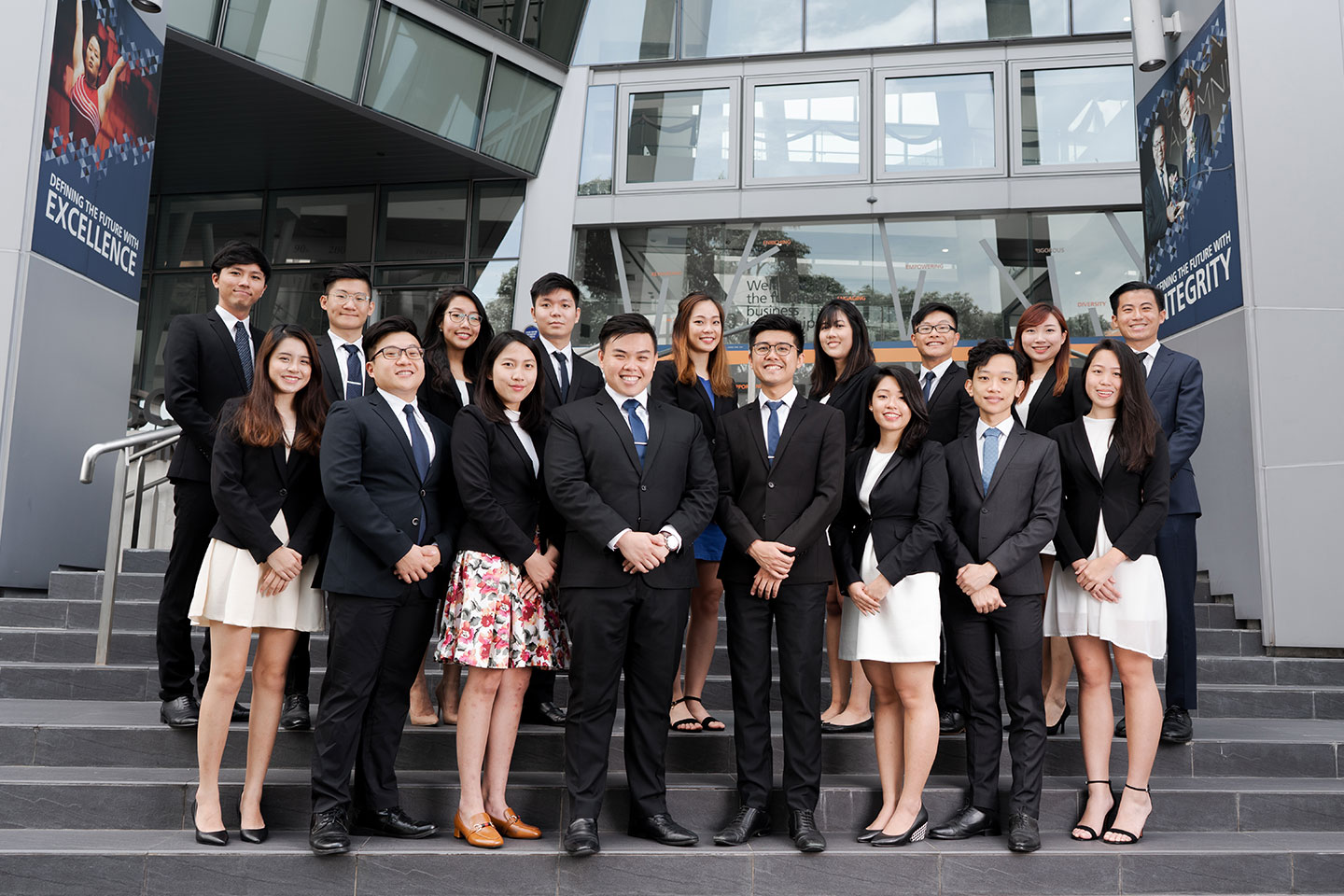
Celebrating 10 years of NUS Case: Memoirs of a founding member
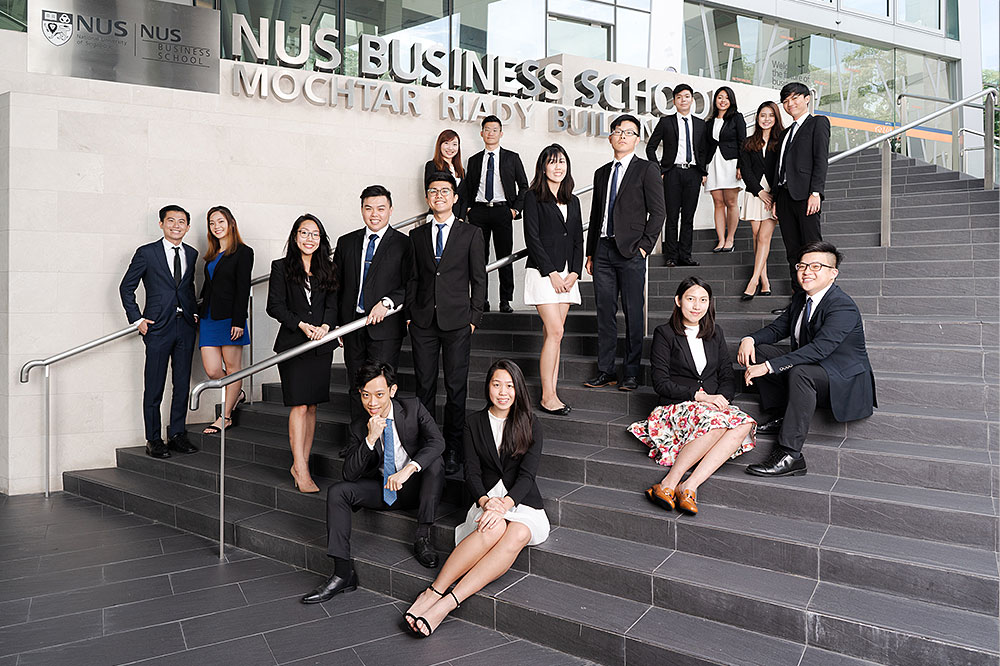
For the first time this year, the national segment will be open to all six autonomous universities in Singapore. For the international segments, 20 schools from 12 countries will be participating, including Copenhagen Business School, Maastricht University, Peking University and University of California, Berkeley.
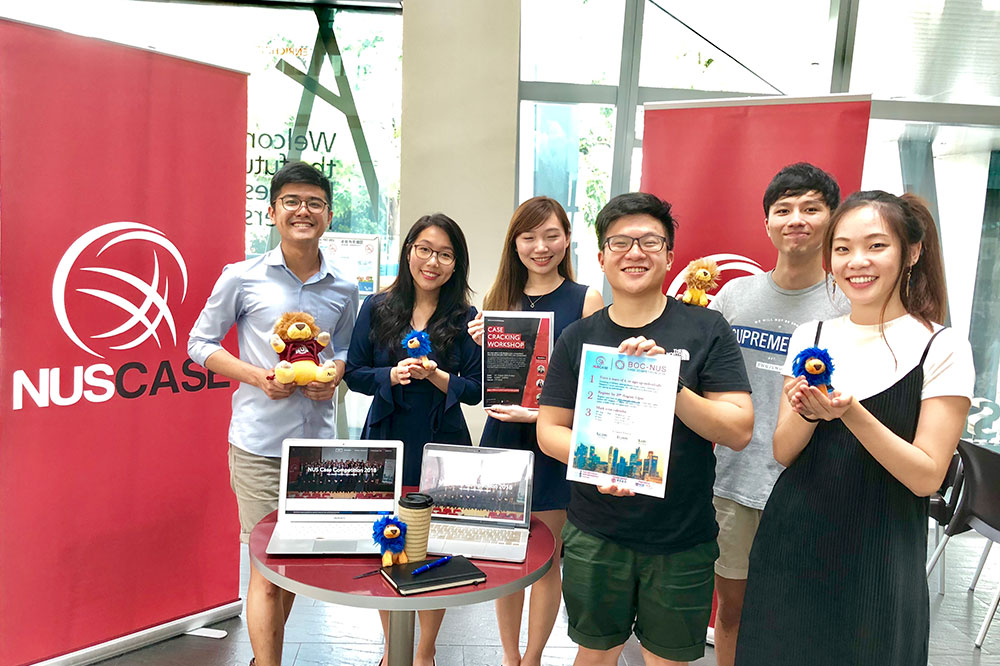
It is also the first time the competition will feature a hackathon segment where the outcomes of the earlier case competition will be used to develop a separate case. Undergraduates from Singapore will then go through a 48-hour hackathon to help this year’s sponsor, the Bank of China, gather ideas for application architecture and design flow.
Jonathan Loh (class of 2011), one of the original members from the inaugural committee, recalls how being part of NUS Case transformed his life. Not only has it give him wider exposure to different industries and realistic business challenges, it has also opened doors, lent confidence and gave him opportunities to grow, fail and improve.
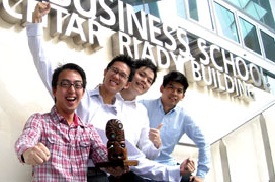
“Ample practice with presentations also helped me improve my communications skills, how to story-tell and sell in ideas. Crucially also, thinking on my feet, anticipating questions and being well prepared with supplementary slides!”
Bring involved in case competitions is challenging. While the goal is to win, the process is crucial. Jonathan firmly believes that teams have to master the fundamentals and always keep that curiosity to learn more, read more, and research more. In today’s context, learnings from one seemingly off tangent sector could inspire or lead to solutions to solve old problems.
When asked for this top three tips for survival, he had this to share.
- Hone your ability to work through the night
- Be organised with everything you need as this reduces unnecessary stress. This allows you to focus on the task of delivering winning presentations
- Have fun with your team – It is obvious when a team has great rapport and this dynamic can spur innovative ideas.
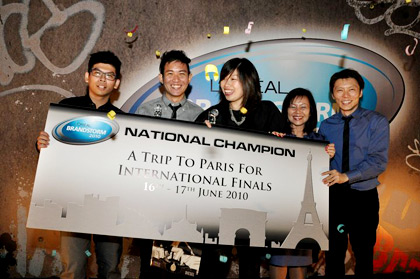
While all his teammates put in their very best, getting to the top of the podium proved elusive for Jonathan. “Sadly, I never was part of a team that won an international case unlike my juniors after me and seniors before! One memorable win was L’Oreal Brandstorm nationals so at least there was that. What helped in that sense was never doubting in mine and the team’s abilities and just keep digging in and doing our best. It helped built resilience,” he shared.
However, the camaraderie that is developed through working many long nights with teammates makes it all worthwhile. Jonathan recalls, “with everything there are ups and downs. What is brilliant is that our teams keep at it and that relentless pursuit of excellence never ceases.”
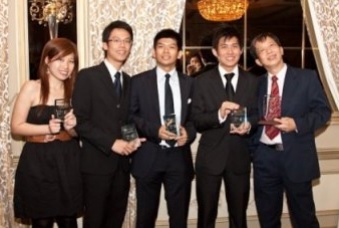
Even today, this culture of excellence is pervasive in the NUS Business School community. It is a culture that is instilled by seniors who come back to mentor their juniors. It has become a tradition to share skills and knowledge that has been passed down through generations of students. This spirit has inspired seniors to help out when they can. Some even come back after they have started working, spending evenings after work or even weekends to ensure the NUS Business School flag flies high at all case competitions.


